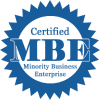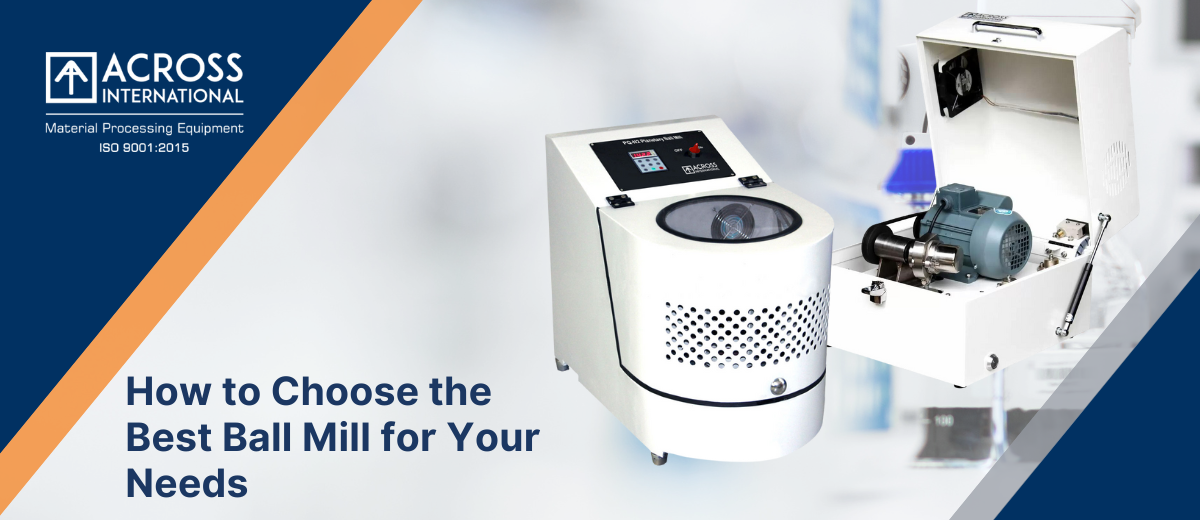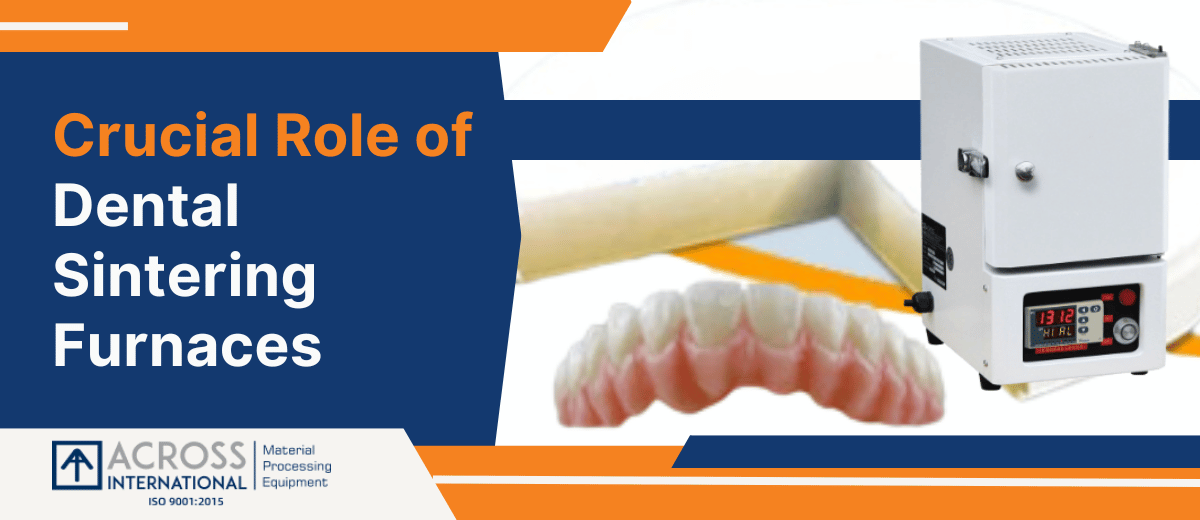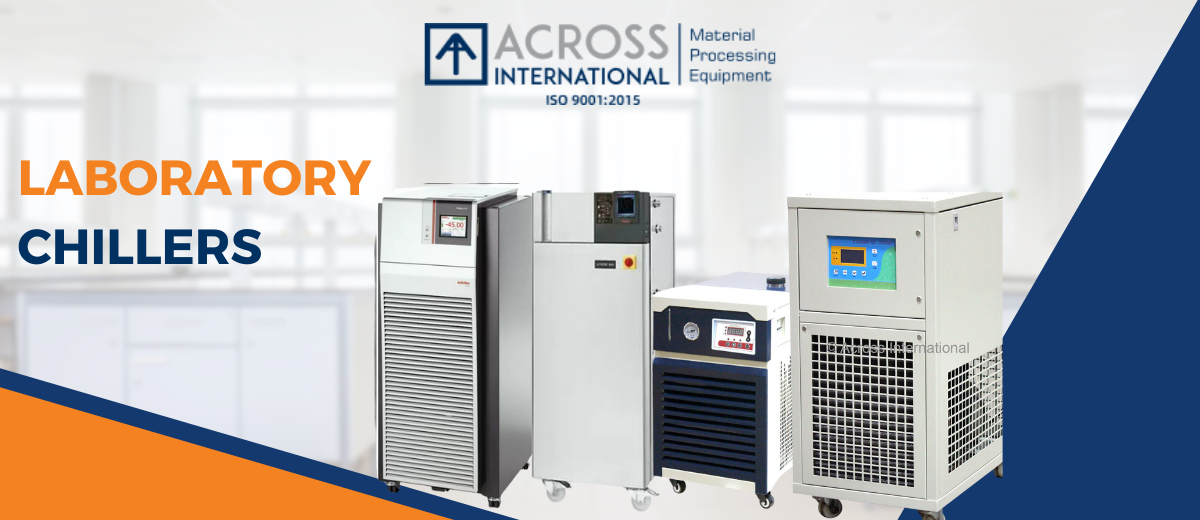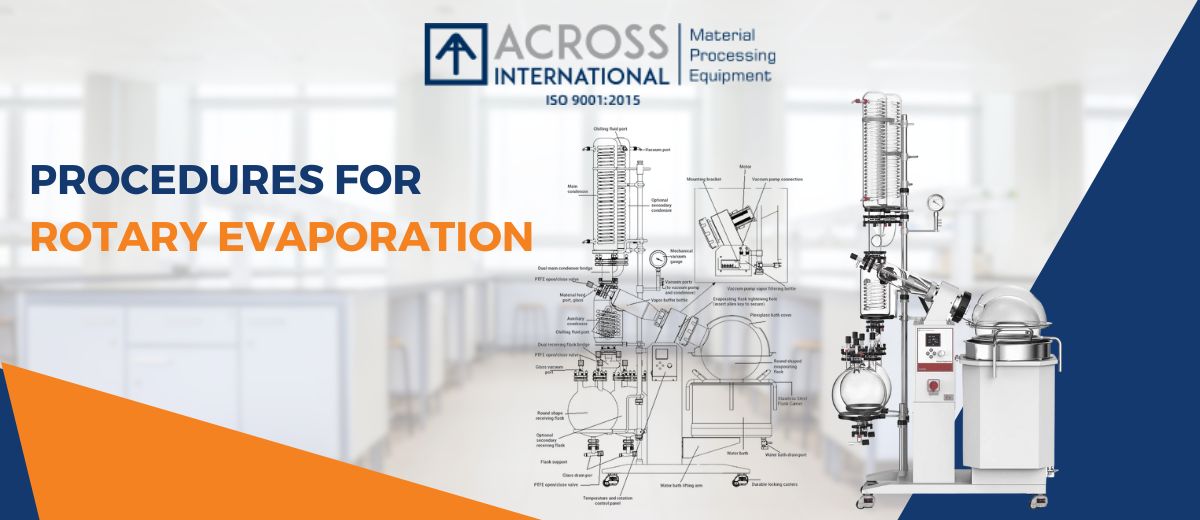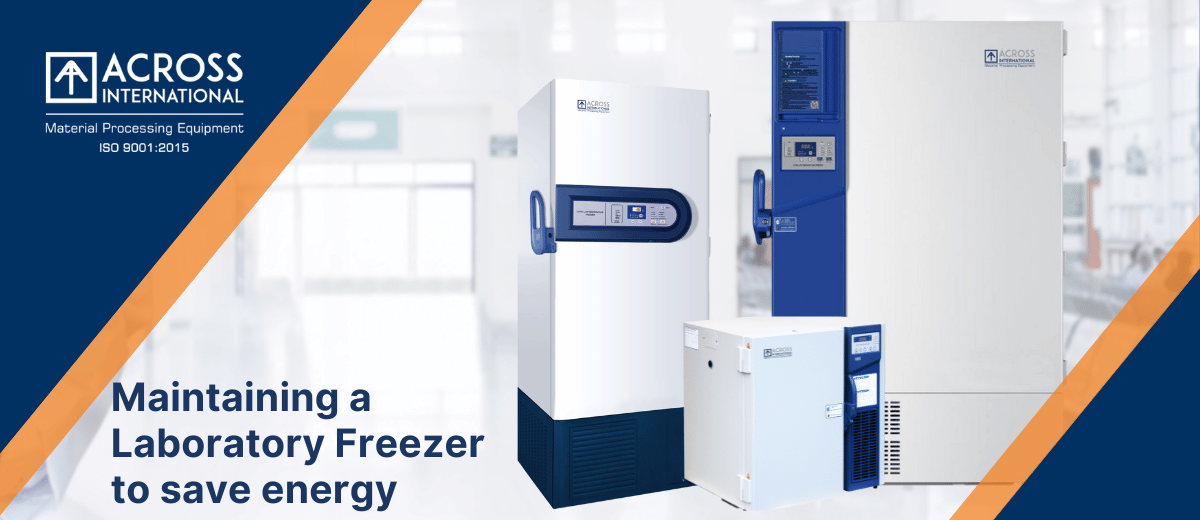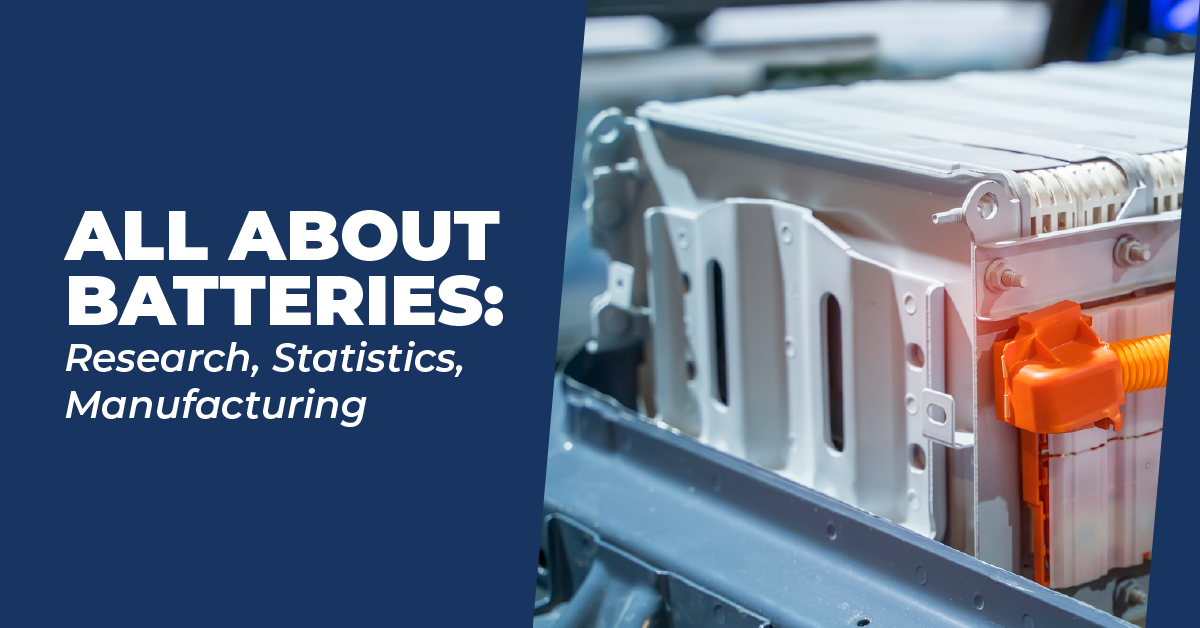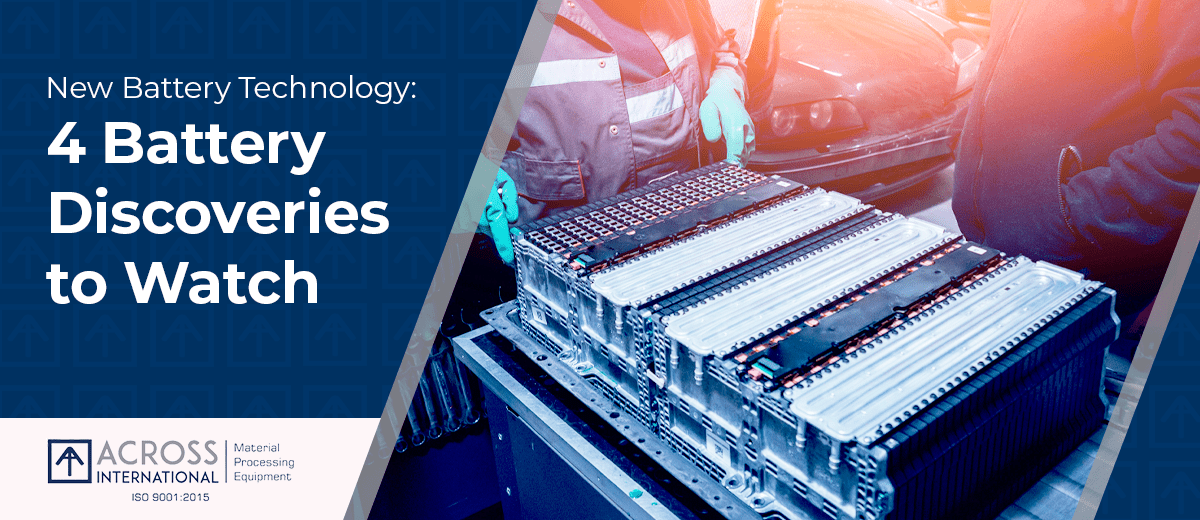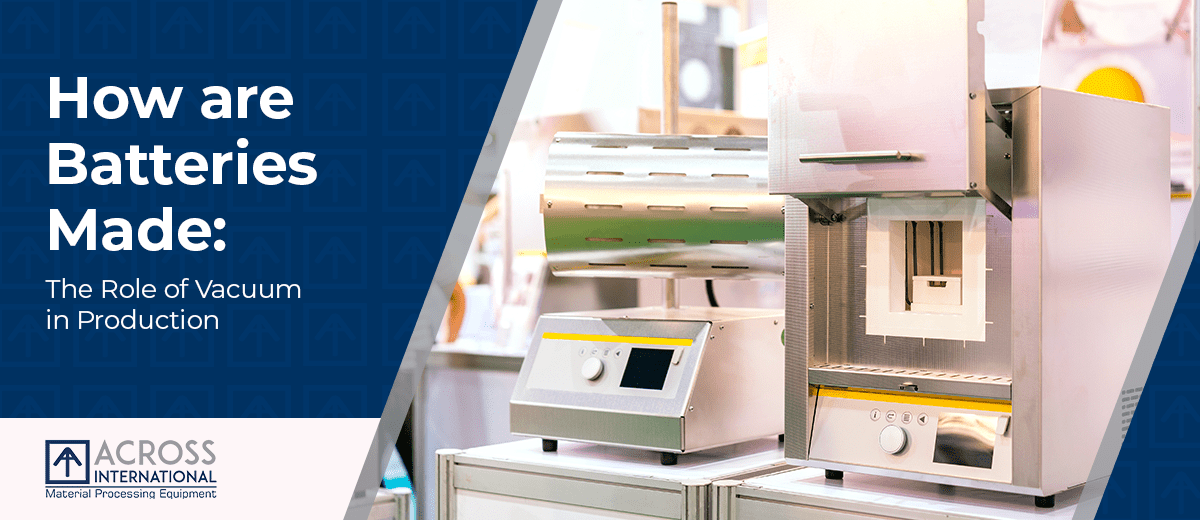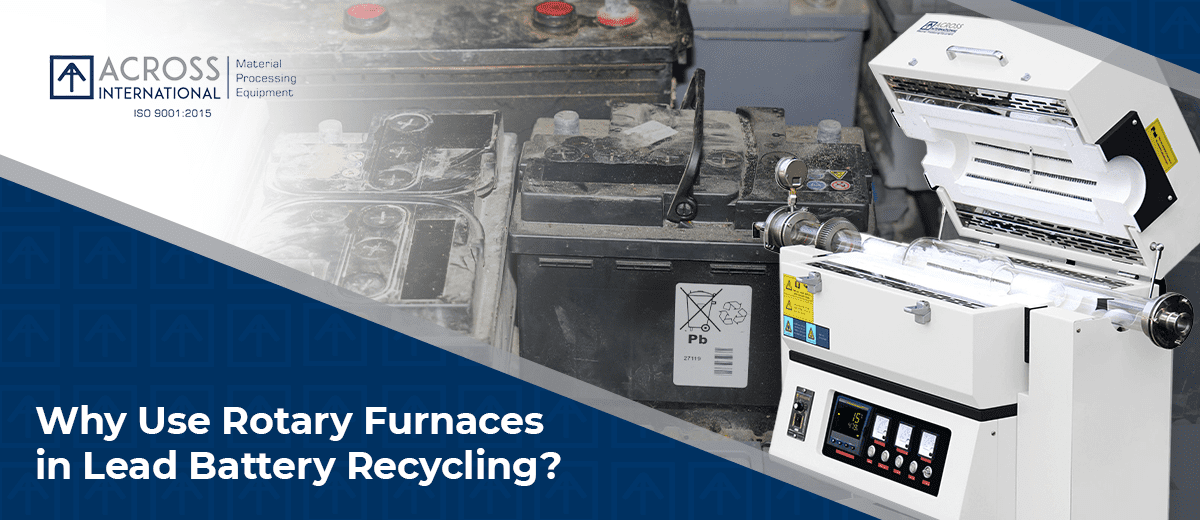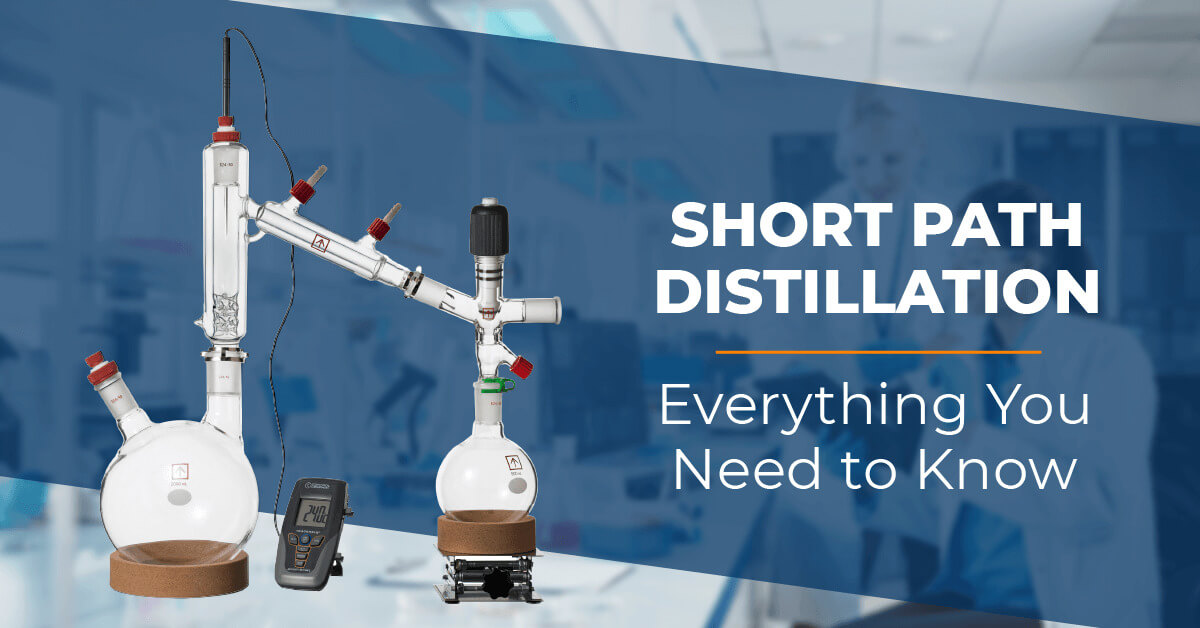We use cookies to make your experience better. To comply with the new e-Privacy directive, we need to ask for your consent to set the cookies. Learn more.
Laboratory Equipment Calibration: Ensuring Accuracy and Reliability
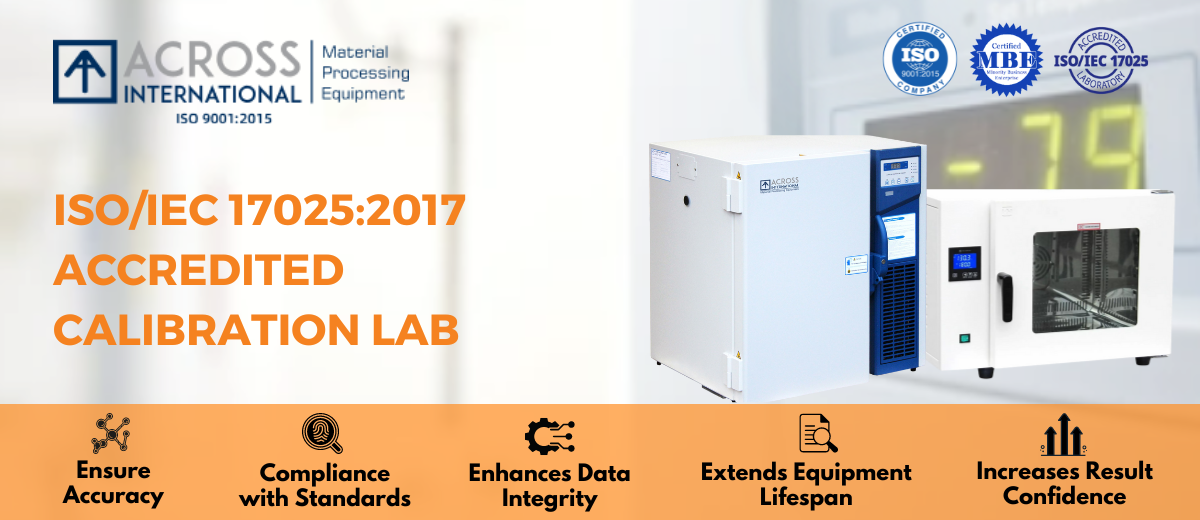
Calibration is the process of comparing the values produced by a device to known standards, allowing us to assess its accuracy and make any necessary adjustments. It is an indispensable practice in the scientific community, where precision and reliability are of utmost importance. Temperature calibration is crucial for a range of laboratory equipment, including ovens, freezers, furnaces, heating mantles, water baths, environmental chambers, and temperature controllers.
In this article, we will explore the definition of calibration and shed light on its significance in laboratory equipment. We will also highlight the importance of regular calibration for maintaining accuracy and achieving consistent and trustworthy results. So, join us as we uncover the vital aspects of calibration and provide valuable insights into this essential practice.
Benefits of Calibration
Ensures accuracy: Calibration plays a crucial role in improving the precision and reliability of measurements. By comparing equipment readings to known standards, calibration identifies and corrects any deviations, ensuring accurate and trustworthy results.
Compliance with standards: Calibration is essential for meeting regulatory and quality requirements. Many industries, such as healthcare, pharmaceuticals, and manufacturing, have specific standards that demand regular calibration of equipment. Compliance demonstrates adherence to these standards and ensures the reliability and validity of data.
Enhances data integrity: Calibration helps to avoid errors and discrepancies in experimental results. By calibrating instruments regularly, potential issues, such as instrument drift or malfunction, can be detected and corrected early on. This ensures the integrity of the data and prevents inaccurate interpretations or conclusions.
Extends equipment lifespan: Regular calibration prevents premature wear and tear of laboratory equipment. Through calibration, potential issues or deviations can be identified and addressed promptly, reducing the risk of equipment failure. By maintaining optimal performance, calibration helps extend the lifespan of equipment and minimizes the need for costly repairs or replacements.
Increases confidence in results: Calibration builds trust in research and analysis. When equipment is properly calibrated, it provides accurate and consistent results, instilling confidence in the data generated. Calibration establishes a foundation of reliability, enhancing the credibility of scientific findings and supporting evidence-based decision-making.
Guidelines for Temperature Calibration
Temperature calibration plays a critical role in maintaining the accuracy and reliability of laboratory equipment such as freezers, ovens, furnaces, and heating mantles. Proper temperature calibration is essential to ensure that these instruments perform optimally and produce precise and consistent results. Here are some important guidelines to follow when conducting temperature calibration:
Importance of temperature calibration for various equipment:
Temperature calibration is necessary to verify the accuracy of temperature readings and ensure that the equipment is operating within acceptable limits. It is especially crucial for applications where temperature control is critical, such as in pharmaceutical, research, and manufacturing industries.
Selection of appropriate calibration standards and techniques:
When calibrating temperature-sensitive equipment, it is important to use reliable and traceable calibration standards. These standards should have a known and documented temperature value that can be used as a reference. The selection of calibration techniques, such as comparison calibration or sensor simulation, should be based on the specific requirements of the equipment being calibrated.
Recommended calibration intervals and schedules:
Calibration intervals for temperature-sensitive equipment depend on factors such as the equipment's usage, criticality of temperature control, and regulatory requirements. It is generally recommended to establish a regular calibration schedule and adhere to it consistently. This ensures that any deviations or drifts in temperature readings are detected and corrected in a timely manner.
Factors to consider for accurate temperature calibration:
Several factors can affect the accuracy of temperature calibration, including ambient temperature, stability of the calibration environment, and proper placement of the temperature sensor. It is important to consider these factors and take necessary precautions to minimize their impact on the calibration process.
Common challenges and troubleshooting tips:
Temperature calibration may encounter challenges such as sensor drift, calibration equipment limitations, or measurement uncertainties. To overcome these challenges, it is essential to perform regular maintenance and periodic verification of the calibration equipment. Troubleshooting techniques, such as performing repeatability tests or adjusting calibration offsets, can help ensure accurate temperature calibration.
Our Calibration Services
At Across International, we take pride in offering accurate and reliable on-site calibration services for a wide range of laboratory equipment. As an ISO 17025-accredited calibration and testing laboratory, our expertise and experience as both a manufacturer and calibration service provider set us apart. We understand the importance of precise calibration for laboratory instruments, and our comprehensive program ensures the highest quality results.
Range of Laboratory Equipment Covered: Our calibration services cover an extensive range of laboratory equipment, including refrigerators, freezers, ovens, environmental chambers, temperature controllers, furnaces, heating mantles, and water baths. Whether you require calibration for a -86°C freezer or a 1,700°C furnace, we have the expertise to meet your needs.
Assurance of High-Quality Calibration: We are committed to adhering to industry standards and ensuring the highest level of calibration quality. Our procedures are fully ISO 17025 compliant, providing you with the assurance that your equipment is calibrated with precision and accuracy. We calibrate all brands of equipment, not just limited to Across International products, and our temperature calibrations are performed with true SI unit traceability through NIST or equivalent sources.
To learn more about Across International's calibration services and how we can meet your specific needs, we invite you to contact us directly. Our dedicated team is available to provide you with detailed information, answer your questions, and offer personalized consultation services. Whether you require calibration for your laboratory ovens, freezers, furnaces, or any other equipment, we are here to assist you. Call us today at 888-988-0899 to speak with our knowledgeable representatives.

